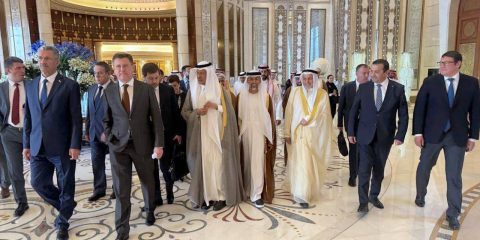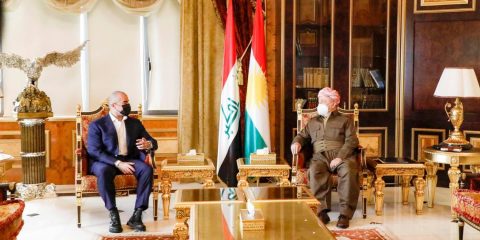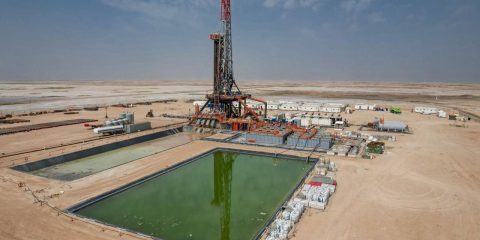An Ominous Future for Kurdistan’s Minorities
When the Islamic State was ousted from Mosul in July, it was thanks to the joint efforts of Iraqi and Kurdish forces. Many expected that their cooperation would spur a nationwide healing process, in which sectarian and ethnic divides between Sunni and Shia, Arab and Kurd, might be bridged. But such hopes were soon dashed […]Kenneth R. Rosen writes for The Atlantic:
When the Islamic State was ousted from Mosul in July, it was thanks to the joint efforts of Iraqi and Kurdish forces. Many expected that their cooperation would spur a nationwide healing process, in which sectarian and ethnic divides between Sunni and Shia, Arab and Kurd, might be bridged. But such hopes were soon dashed by Massoud Barzani, the Iraqi Kurdish leader. After the liberation of Mosul, Barzani, emboldened by the success of his peshmerga forces against ISIS, announced that the semi-autonomous region of Kurdistan in northern Iraq would hold an independence referendum on September 25th.
Early results suggest a sweeping victory for Barzani and the Kurdistan Regional Government (KRG), with e-voting for the Kurdish diaspora having opened Saturday. More than 40,000 Kurds in Europe voted for independence, with only about 80 voting to stay with Iraq, according to a KRG spokesperson. Polls throughout the Kurdish region close at 6 p.m. local time, barring a last-minute extension.
While the referendum is largely symbolic, the governments of Turkey, Iran, Syria and the United States, oppose it, fearing that it will destabilize the region. (Russia, quietly, supports it.) Also complicating matters are the disputed territories, where control has changed hands between the central government in Baghdad and the Kurds as the frontline against ISIS has shifted. But the issue of the disputed territories, and who will ultimately govern them, also throws the fate of Iraq’s myriad religious and ethnic minorities into question. These groups, like the Yazidis, Turkmen, Christians, and the Shabak, have been persecuted by ISIS in the disputed territories, and are now forced to choose which government—Iraq or the KRG—they deem less oppressive. “The competition between the central government and the KRG over the loyalty of minority groups in the [Ninevah] plain is one of the main drivers of conflict there, from Saddam's time onward,” Joost Hiltermann, MENA Program Director for the International Crisis Group, told me. Neither Baghdad nor Erbil, some say, is particularly appealing. Somewhere between the Kurdistan Regional Government and the central government in Baghdad, they believe, lies financial prosperity and survival.





